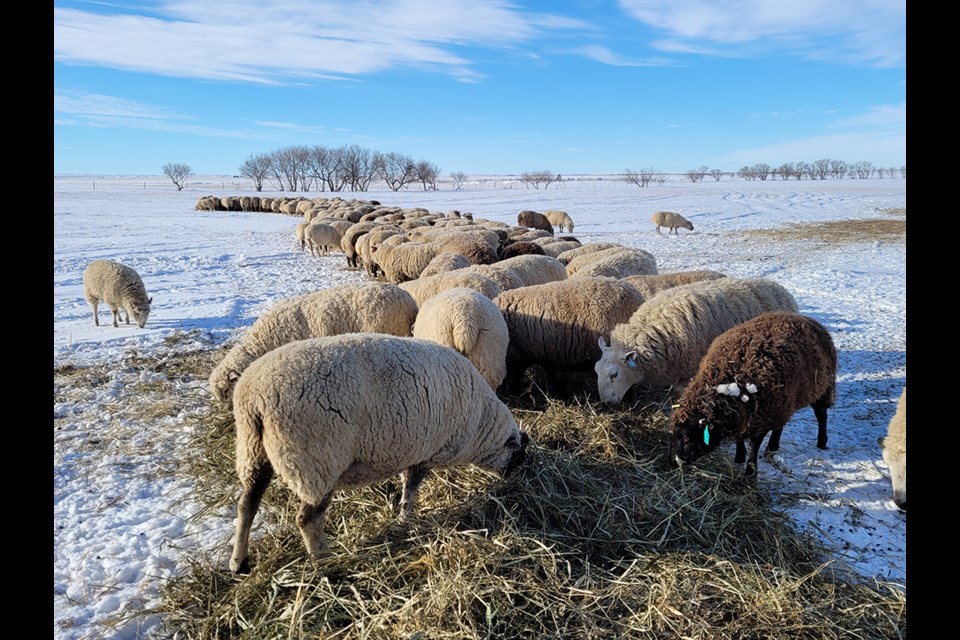SASKATOON — Natural fibres such as those from wool, alpaca, flax, hemp and furs have long been used to produce fabrics for clothing, blankets, art and shelter.
There is a growing interest in the local processing of these fibres with society’s trend towards products that are reusable, recyclable and compostable. That is one of the reasons Prairie Fibreshed Network Inc was recently created. The not-for-profit membership-based organization was formed by a group of individuals interested in uniting and supporting fibre producers, processors and users.
Brooke Aitken from Eyebrow, Sask. produces sheep and is the current president of the Prairie Fibreshed.
“Many sheep producers see their wool as a hassle to deal with, and treat their wool as a low-value waste product,” said Aitken.
She says with more education and developing markets, there is a potential to extract more value out of a sheep herd than just from the meat. This was echoed at the recent annual meeting for the Fibreshed by guest speaker Anna Hunter. A Manitoba author with a wool processing facility, Hunter shared her success in establishing a waste-wool pelleting business.
She purchases waste wool from local producers and makes a natural soil amendment pellet suitable for commercial and backyard gardeners.
“Small-scale local pelletizing mills make more sense than large scale facilities that require much more energy for transport of raw materials and finished products,” she said.
Flax fibre is another under-used natural fibre. Many fields of flax straw are still burned on the prairies as a waste product. Alvin Ulrich, president of Biolin Research Incorporated out of Saskatoon, has travelled around the world learning about methods to produce and use different types of natural fibres.
“Many other countries have had well-established industries related to fibre processing,” he said. He says large-scale flax processing has increased potential as markets are developed but that small-scale processing can also be developed. With this in mind, Ulrich is offering a workshop to guide attendees through the process of planting a small plot of flax, then taking it right through to having the flax fibre ready for spinning. This workshop will be offered through the Prairie Fibreshed Network in early 2024.




